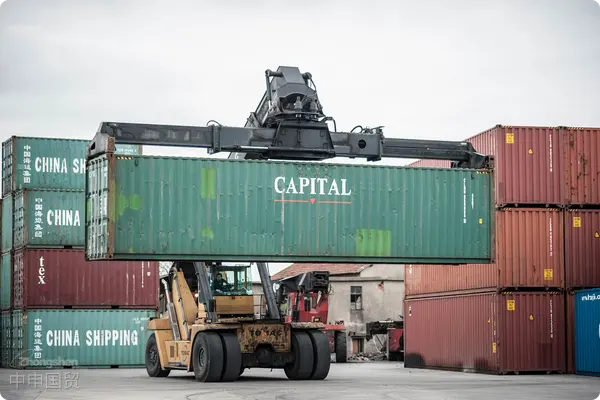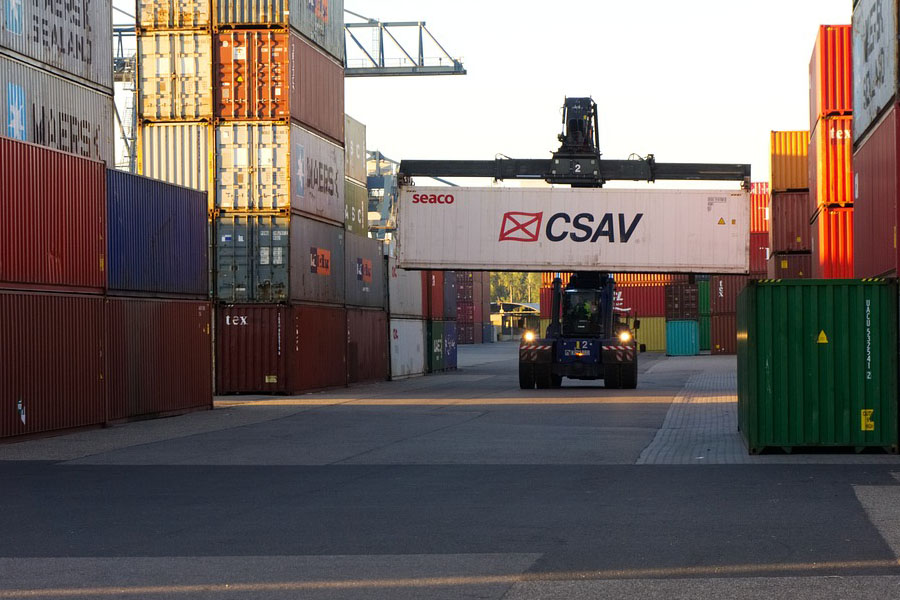- Shanghai Zhongshen International Trade Co., Ltd. - Two decades of trade agency expertise.
- Service Hotline: 139 1787 2118

On the grand stage of international trade, entrusted agencyExport Drawbackis a focus for many enterprises. Clear entrusted agency export tax rebate standards are key to ensuring enterprises smoothly obtain rebates, safeguarding legal rights, and standardizing export tax rebate operations. This article will detail various aspects of entrusted agency export tax rebate standards, including their covered elements, followed principles, and their significant importance to enterprises.
I. Elements of Entrusted Agency Export Tax Rebate Standards
Subject Qualification Standards
- For the principal, it must be an enterprise or other unit with export經(jīng)營權(quán) (export operation rights). This means the enterprise must legally obtain the corresponding business qualifications, such asforeign tradeapproval procedures from the commerce department. If the entrusting party lacks legal export operation rights, the entire entrusted agency export tax rebate operation will not meet the standards and cannot proceed normally with the rebate process.
- The agent must also meet specific qualification requirements. Agent companies generally need to have foreign trade agent qualifications registered with customs, tax authorities, and other departments. They must be familiar with export procedures, customs and inspection regulations, and tax refund policies to ensure standard processing of export tax refunds for principals.
Goods-Related Standards
– The goods must be genuinely exported. This requires complete logistics records from the shipment origin to the export port and final destination, with corresponding documentation for each stage. For example, transport documents like bills of lading and waybills must match the customs declaration information to prove the goods have indeed left the country.
– The tax rebate rate is a crucial part of entrusted export tax rebate standards. Different goods have different rebate rates determined by national industrial and trade policies. Agents must accurately classify goods to determine applicable rates. Additionally, production and procurement must comply with tax and trade regulations (e.g., legal material sources, environmentally compliant production) to qualify for rebates.
II. Principles Followed by Entrusted Agency Export Tax Rebate Standards
Principle of Legality
– Entrusted export tax rebate operations must strictly comply with national laws and regulations, including customs supervision rules and tax rebate policies. Neither entrusting parties nor agents may obtain rebates through illegal means like fictitious transactions or forged documents. Required documents (e.g., customs declarations, VAT invoices) must be authentic, legal, and valid. Any falsification violates legality principles and incurs severe penalties.
Principle of Authenticity
– Beyond physical export, financial records must reflect authenticity. All financial data (e.g., sales revenue, cost accounting) related to entrusted export tax rebates must truthfully represent transactions. Agents must ensure financial statement accuracy, including reasonable export pricing (no artificial inflation/deflation to manipulate rebates) and properly documented expense claims.
Principle of Compliance
– Compliance covers all aspects from workflows to document management. Business processes require properly executed entrusted export agency agreements specifying rights/obligations, including rebate allocation and risk provisions. Document management requires standardized preparation, retention, and submission (e.g., VAT invoices per tax authority specifications, accurate customs declarations retained for mandatory periods).
III. The Significant Importance of Entrusted Agency Export Tax Rebate Standards for Enterprises
Safeguarding Enterprise Rights
– Clear entrusted export tax rebate standards protect participants rights. When followed, both entrusting parties and agents are safeguarded. Entrusting parties may hold agents accountable for rebate failures/shortfalls caused by non-compliance, while agents avoid liability for clients violations.
Promoting International Trade Development
– Adhering to export tax rebate standards promotes healthy international trade development. Proper rebate access enhances exporters global competitiveness, expanding export volumes. Standardization also prevents unfair practices like fraudulent rebate claims, fostering equitable trade environments.
Facilitating Tax Administration and Supervision
– Unified entrusted export tax rebate standards facilitate tax authority oversight. Authorities can efficiently review applications against standards, promptly approving compliant claims while penalizing violations, thereby safeguarding national tax revenues and policy effectiveness.
Conclusion
Entrusted agency export tax rebate standards are crucial guidelines that enterprises must follow in entrusted agency export operations. They cover various elements such as entity qualifications, goods-related requirements, and principles to follow, playing a significant role in safeguarding enterprise rights, promoting international trade, and facilitating tax administration. As the international trade environment evolves and domestic tax policies adjust, entrusted agency export tax rebate standards must continuously improve. Enterprises and agencies should closely monitor policy changes to ensure their operations always comply with standard requirements.
Related Recommendations
? 2025. All Rights Reserved. Shanghai ICP No. 2023007705-2  PSB Record: Shanghai No.31011502009912
PSB Record: Shanghai No.31011502009912










